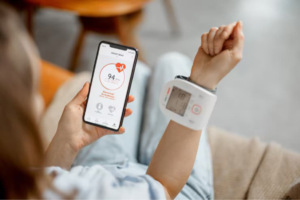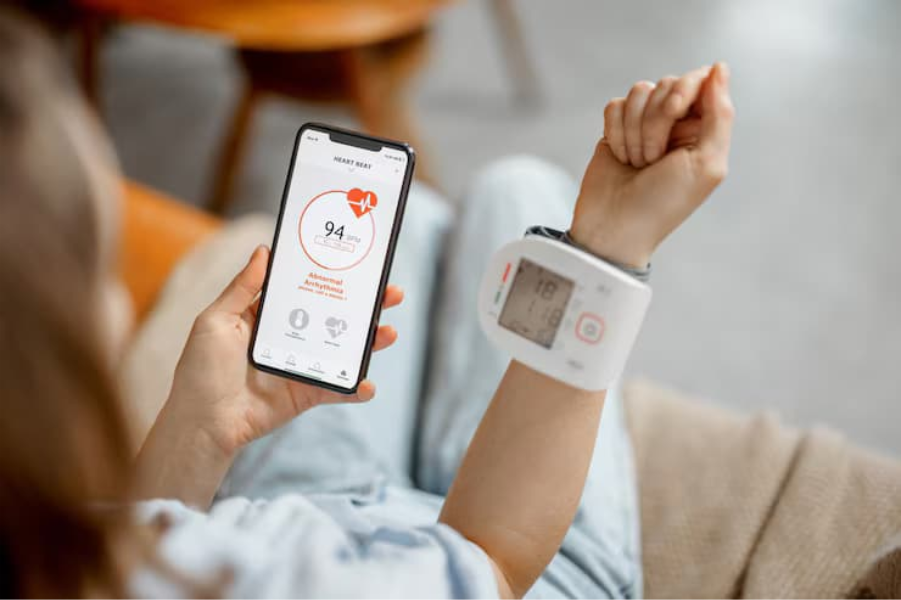Introduction: Why Retention & Compliance Matter More Than Ever
Clinical research is facing a pivotal moment. With decentralized clinical trials (DCTs) accelerating across therapeutic areas, sponsors are realizing that the biggest barrier to success isn’t recruitment — it’s retention and compliance. Every patient dropout increases costs, delays timelines, and risks regulatory setbacks.
That’s where ePRO (electronic Patient-Reported Outcomes) and eCOA (electronic Clinical Outcome Assessments) come in. More than digital forms, they’re the backbone of modern decentralized trials, enabling real-time, accurate, patient-reported data while reducing site burden.
Delve Health stands apart by combining ePRO/eCOA with wearables, eConsent, and multilingual concierge services in a single platform. This unique blend ensures not only cleaner data but also 15–30% higher retention rates compared to traditional approaches.
What Is the Role of ePRO/eCOA in Decentralized Trials?
In decentralized trials, patients can’t always be at the site — but their data still can. ePRO and eCOA tools capture:
- Symptoms and side effects
- Medication adherence
- Quality of life metrics
Delve Health’s Clinical StudyPal platform integrates these inputs with wearable data (sleep, heart rate, movement, vitals) to create a complete patient health picture, available in real time for investigators. This reduces recall bias, improves compliance tracking, and drives protocol adherence.
5 Key Benefits of ePRO/eCOA with Delve Health
1. Retention & Compliance Gains
- Patients engage through mobile apps, reminders, and wearables.
- Multilingual concierge support keeps patients on track.
- 15–30% improvement in retention seen in recent studies.
2. Cost Savings
- Reduced reliance on physical sites and travel reimbursements.
- Lower monitoring and data cleaning expenses.
3. Audit-Ready Data Quality
- Built-in validation checks.
- Automated alerts for missing/incorrect entries.
- Complete audit trail for regulatory inspections.
4. Operational Efficiency
- Automated survey scheduling.
- Integrated eConsent streamlines approvals.
- Centralized patient communication for fewer site bottlenecks.
5. Faster Study Timelines
- Real-time monitoring identifies risks early.
- Cleaner interim datasets reduce delays.
- Supports adaptive trial designs.
Why Sponsors Choose Delve Health
Unlike single-solution vendors, Delve Health delivers an end-to-end ecosystem for decentralized and hybrid trials:
- Seamless integration: ePRO, eCOA, eConsent, wearables.
- Multilingual patient engagement: Concierge + AI-driven automation.
- Global scalability: HIPAA/GDPR compliance across regions.
- Proven outcomes: Better retention, lower costs, cleaner data.
Conclusion: Redefining Patient-Centric Trials
ePRO and eCOA are no longer optional — they are essential to retention, compliance, and regulatory success in decentralized trials.
By integrating wearables, eConsent, and concierge support, Delve Health doesn’t just collect data — it ensures that patients stay engaged and trials stay on track.
👉 Ready to reduce dropouts and accelerate timelines?
Frequently Asked Questions (SEO-Driven)
What is ePRO in clinical trials?
ePRO (electronic Patient-Reported Outcomes) enables patients to digitally report symptoms, side effects, and quality of life data — improving accuracy and engagement.
What’s the difference between ePRO and eCOA?
eCOA includes ePRO but also expands to clinician-reported, observer-reported, and performance outcomes — all captured electronically.
How do wearables improve retention in clinical trials?
Wearables reduce site visits, capture real-world data, and encourage ongoing participation by lowering patient burden.
What is clinical trial eConsent?
eConsent digitizes informed consent, allowing patients to review and sign from home with multimedia explanations and secure validation.













